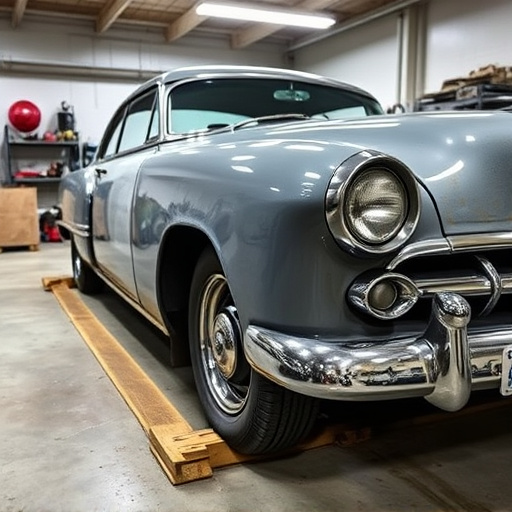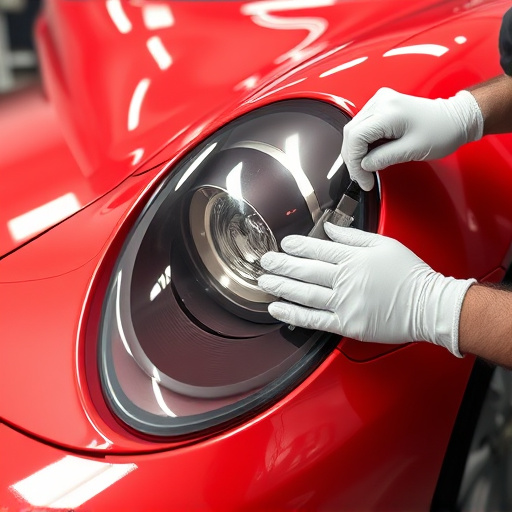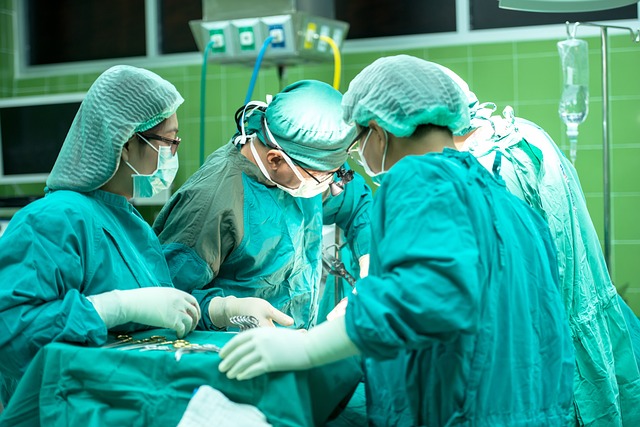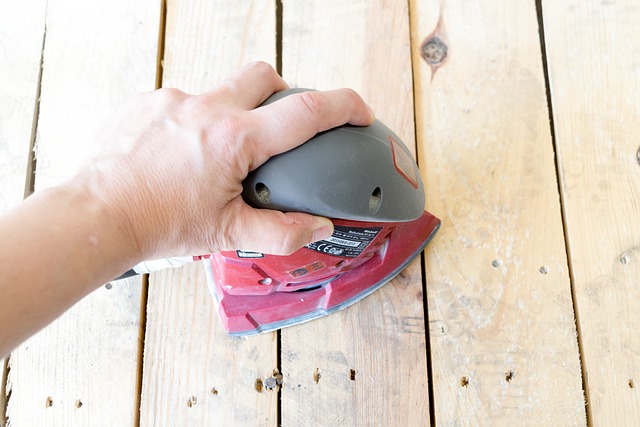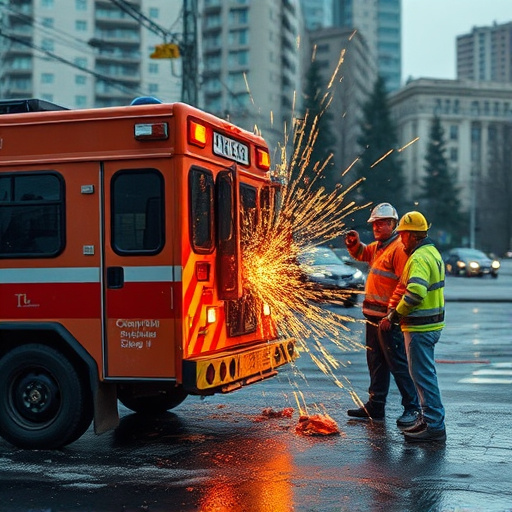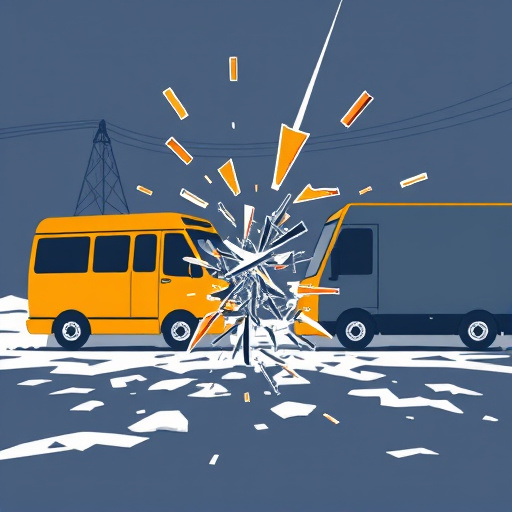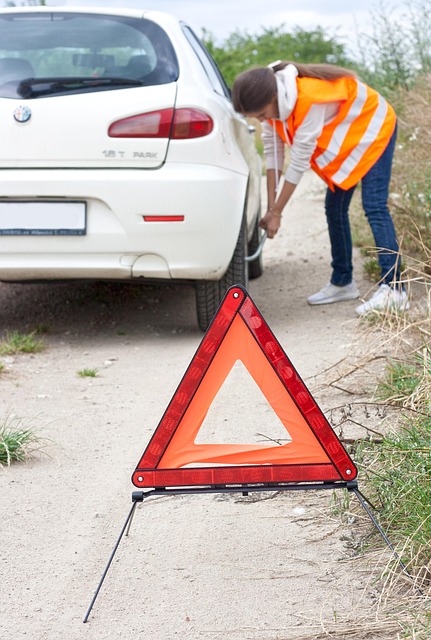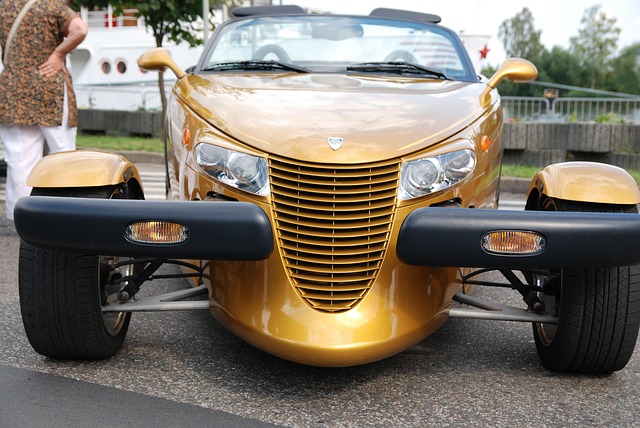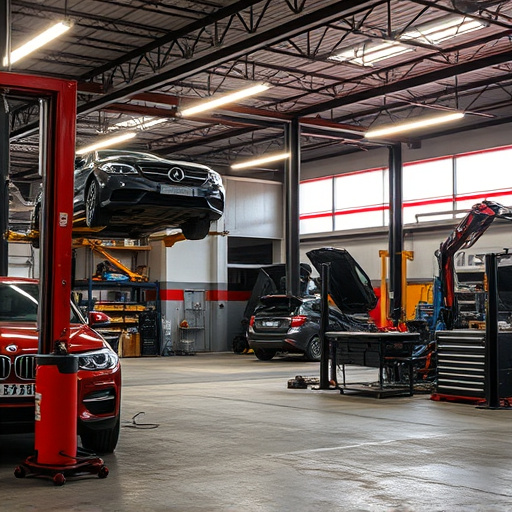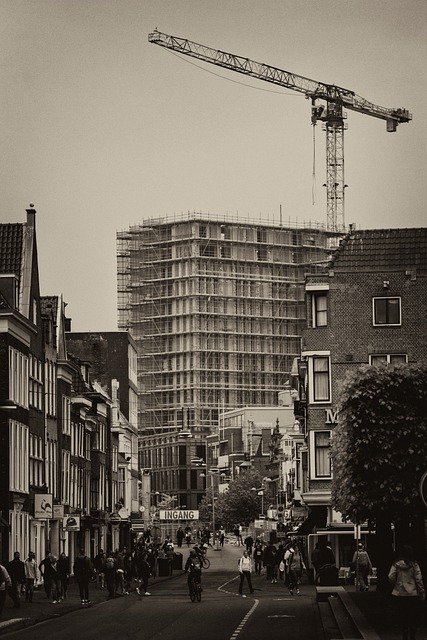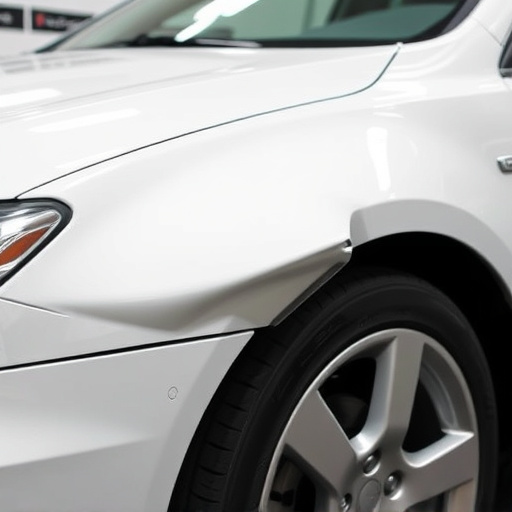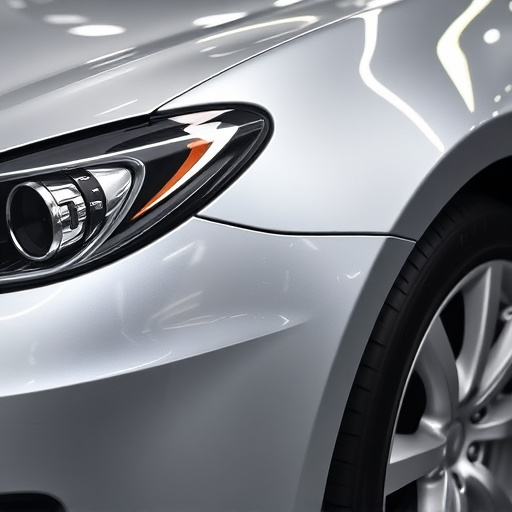Corrosion, accelerated by moisture and oxygen, poses risks to structures, including vehicles. Structural adhesive systems offer robust bonding solutions enhancing corrosion resistance in auto repair, providing long-lasting protection against rust, faster repairs, and improved structural durability in varying weather conditions. These adhesives act as protective barriers in harsh environments, preventing gaps vulnerable to rust and creating seamless interfaces resistant to corrosion across industries like automotive, maritime, and construction. Choosing the right structural adhesive system requires understanding material types, environmental conditions, and specific formulations with bonding strength and chemical protection, crucial for applications like Mercedes Benz collision repair.
Structural adhesives play a pivotal role in enhancing corrosion resistance, offering a robust solution for long-lasting protection. In this article, we delve into the critical world of corrosion prevention, exploring its effects on structures and the essential contribution of structural adhesive systems. Understanding these adhesives’ unique properties and selection process is key to safeguarding against corrosion’s detrimental impact. Discover how the right choice can transform construction and maintenance efforts, ensuring durability and safety.
- Understanding Corrosion and Its Impact on Structures
- Role of Structural Adhesives in Preventing Corrosion
- Choosing the Right Adhesive: Factors and Formulations
Understanding Corrosion and Its Impact on Structures
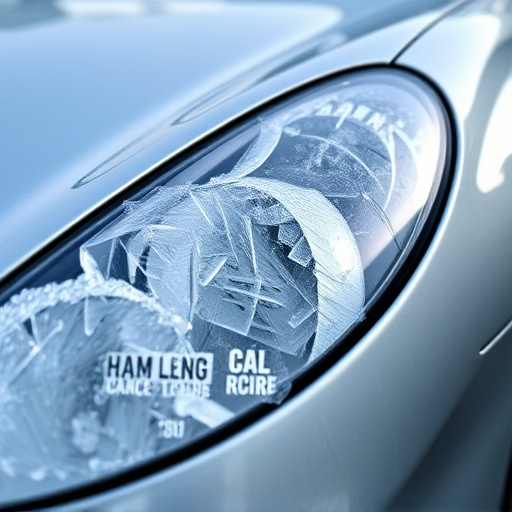
Corrosion is a natural process that occurs when certain materials interact with water and oxygen, leading to degradation and potential structural failure over time. This phenomenon can have severe consequences for various structures, from bridges and buildings to vehicles. In the context of vehicle body repair and hail damage repair, corrosion resistance is paramount. The constant exposure to varying weather conditions, moisture, and chemicals can accelerate the corrosion process, compromising the integrity of auto parts and increasing repair costs.
Structural adhesive systems play a crucial role in mitigating these effects by offering robust bonding solutions that enhance corrosion resistance. These advanced adhesives are designed to create strong, durable bonds between different materials, even in harsh environments. In vehicle body repair, for instance, they can be used to securely attach replacement panels, ensuring long-lasting protection against corrosion. This is especially beneficial for auto repair near me services, as it allows for faster repairs and improved structural durability.
Role of Structural Adhesives in Preventing Corrosion
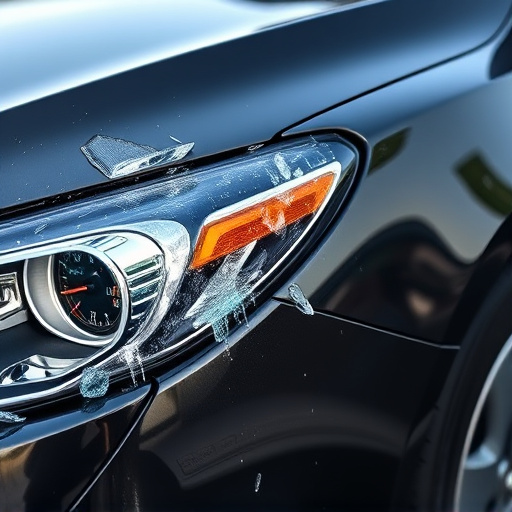
Structural adhesives play a pivotal role in safeguarding against corrosion, especially in industries where metal components are exposed to harsh environments. These specialized adhesives act as a protective barrier, preventing moisture and corrosive substances from penetrating joints and connections. By bonding materials tightly together, structural adhesive systems create seamless interfaces that resist rust and corrosion, enhancing the longevity of structures across various applications, from automotive repairs like auto glass repair and car restoration, to complex body shop services involving metal fabrication and assembly.
In many cases, traditional fastening methods leave microscopic gaps where corrosion can initiate and proliferate. Structural adhesives, however, offer a seamless seal that eliminates these weak points, ensuring that the bond between components remains intact even under extreme conditions. This is particularly crucial in industries such as automotive, maritime, and construction, where structures are constantly exposed to elements like salt water, humidity, and varying temperatures, making corrosion resistance an indispensable feature in any robust engineering solution.
Choosing the Right Adhesive: Factors and Formulations
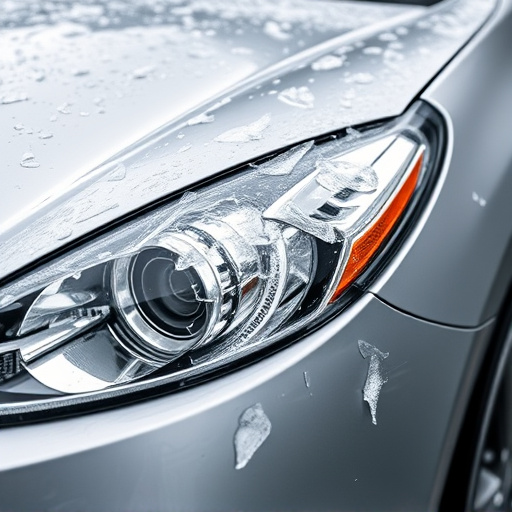
Choosing the right structural adhesive for corrosion resistance involves understanding several factors and considering specific formulations. Key considerations include the type of materials to be bonded—metal, plastic, or composite—as well as environmental conditions like temperature ranges and exposure to chemicals. For instance, high-performance epoxy adhesives are often recommended for car body shop applications due to their excellent bonding strength and corrosion resistance, making them ideal for Mercedes Benz collision repair processes that demand durability and precision.
Formulations also play a crucial role. Some adhesives incorporate corrosion inhibitors or special resins designed to protect against rust and other forms of metal degradation. When selecting an adhesive for scratch repair or more complex collision repairs, it’s essential to match the formulation to the specific needs of the project. This ensures not only robust bonding but also extended protection against corrosion, vital considerations in any car body shop setting.
Structural adhesive systems play a pivotal role in enhancing corrosion resistance, offering a durable and protective barrier for various materials. By understanding the unique challenges posed by corrosion and selecting the appropriate adhesive formulations, professionals can significantly extend the lifespan of structures, ensuring their integrity and safety in diverse environments. This multi-faceted approach to protection is a game-changer in industries where corrosion is a persistent issue.

